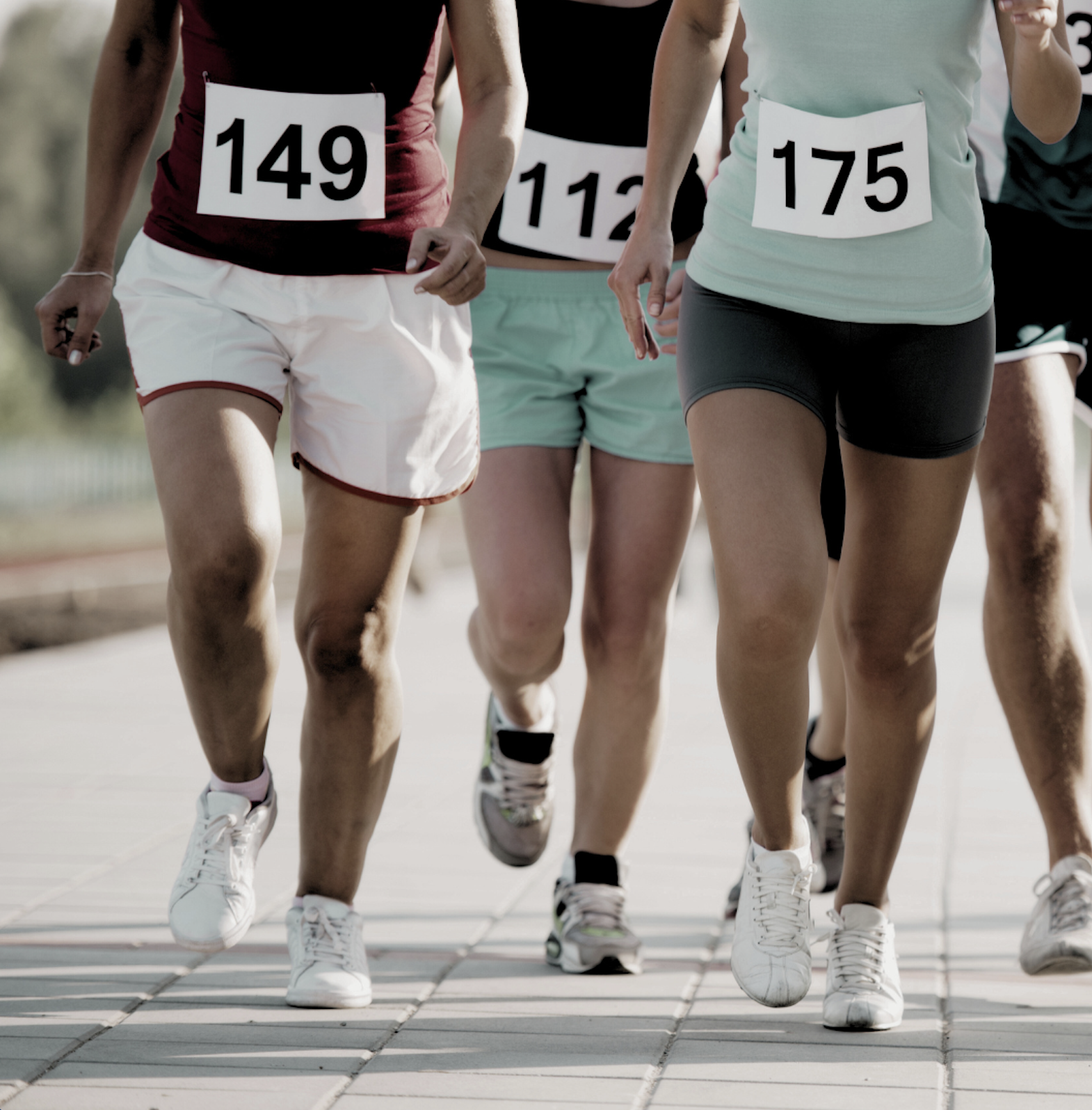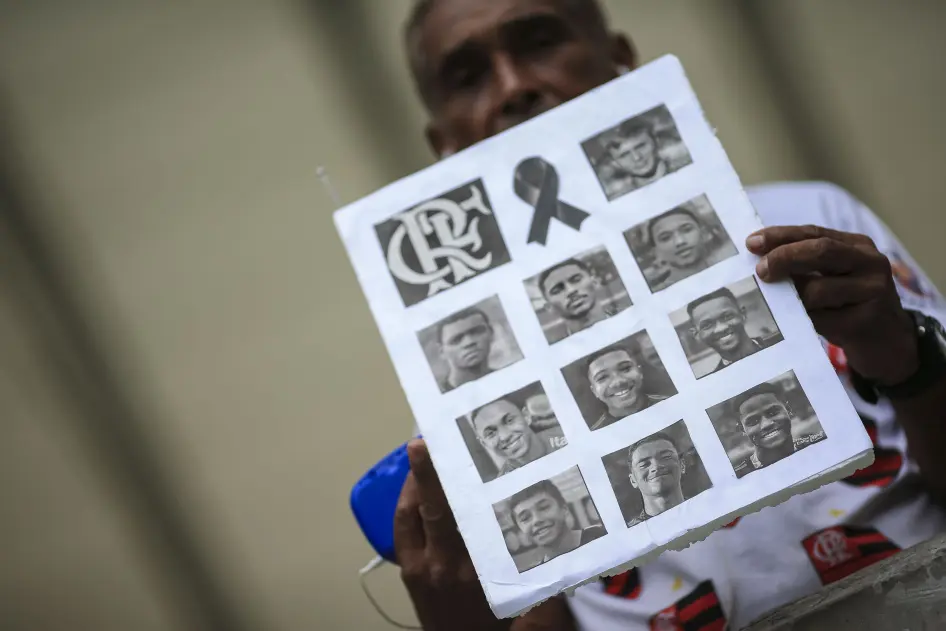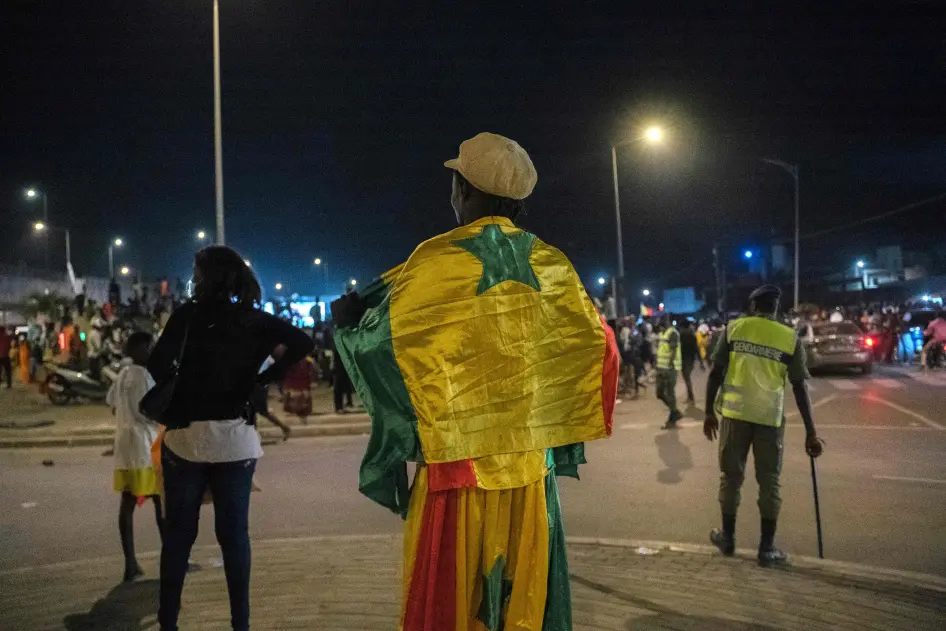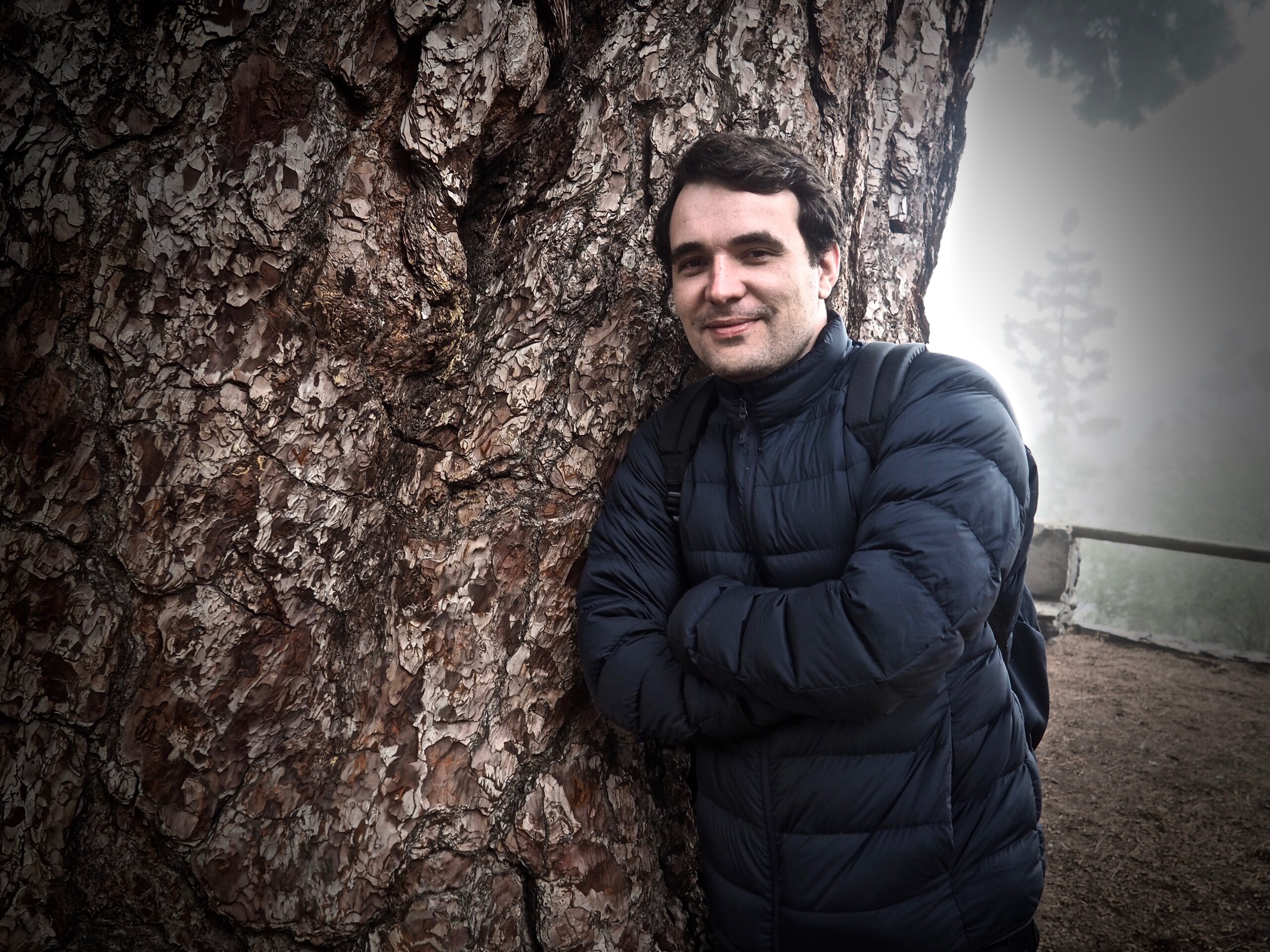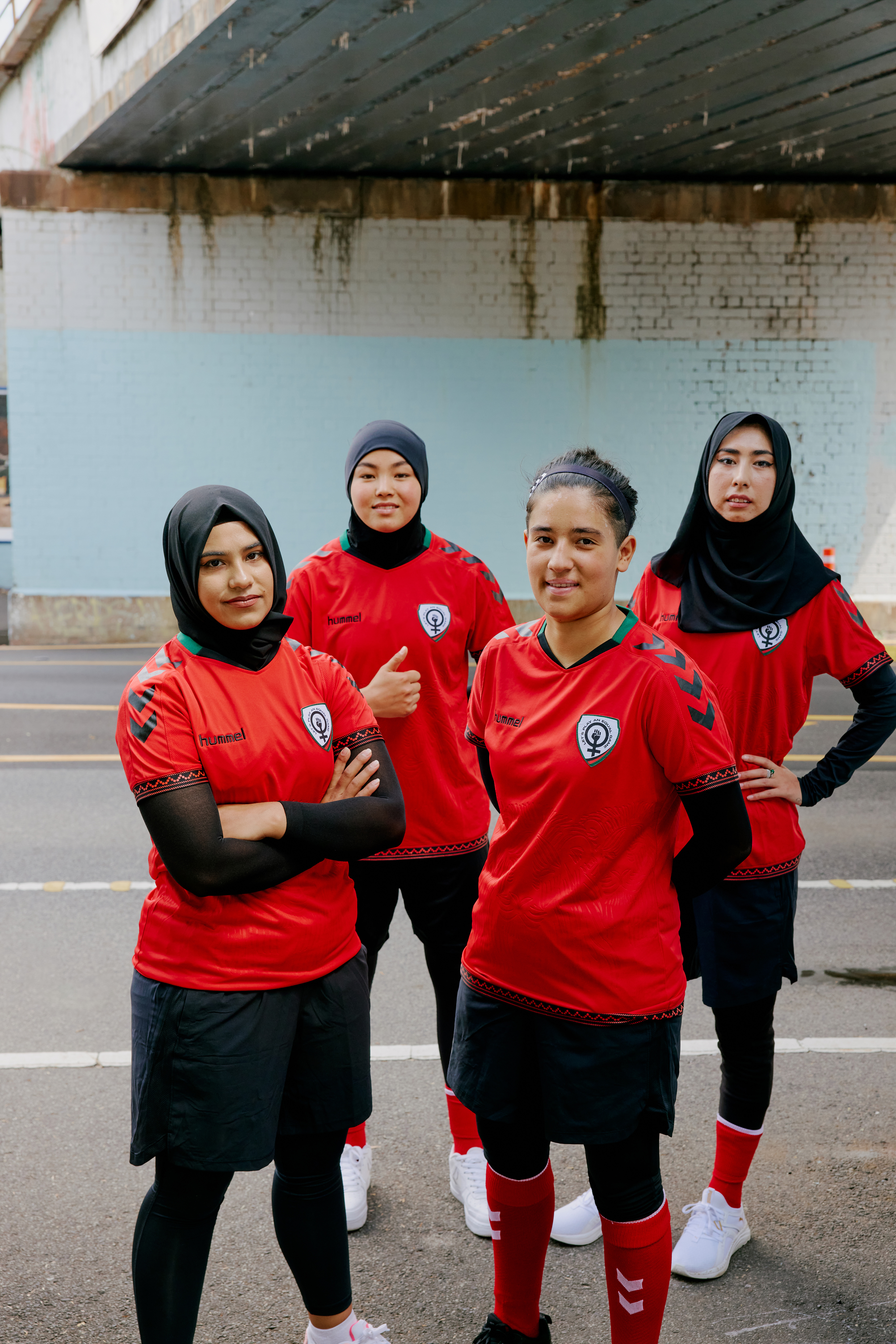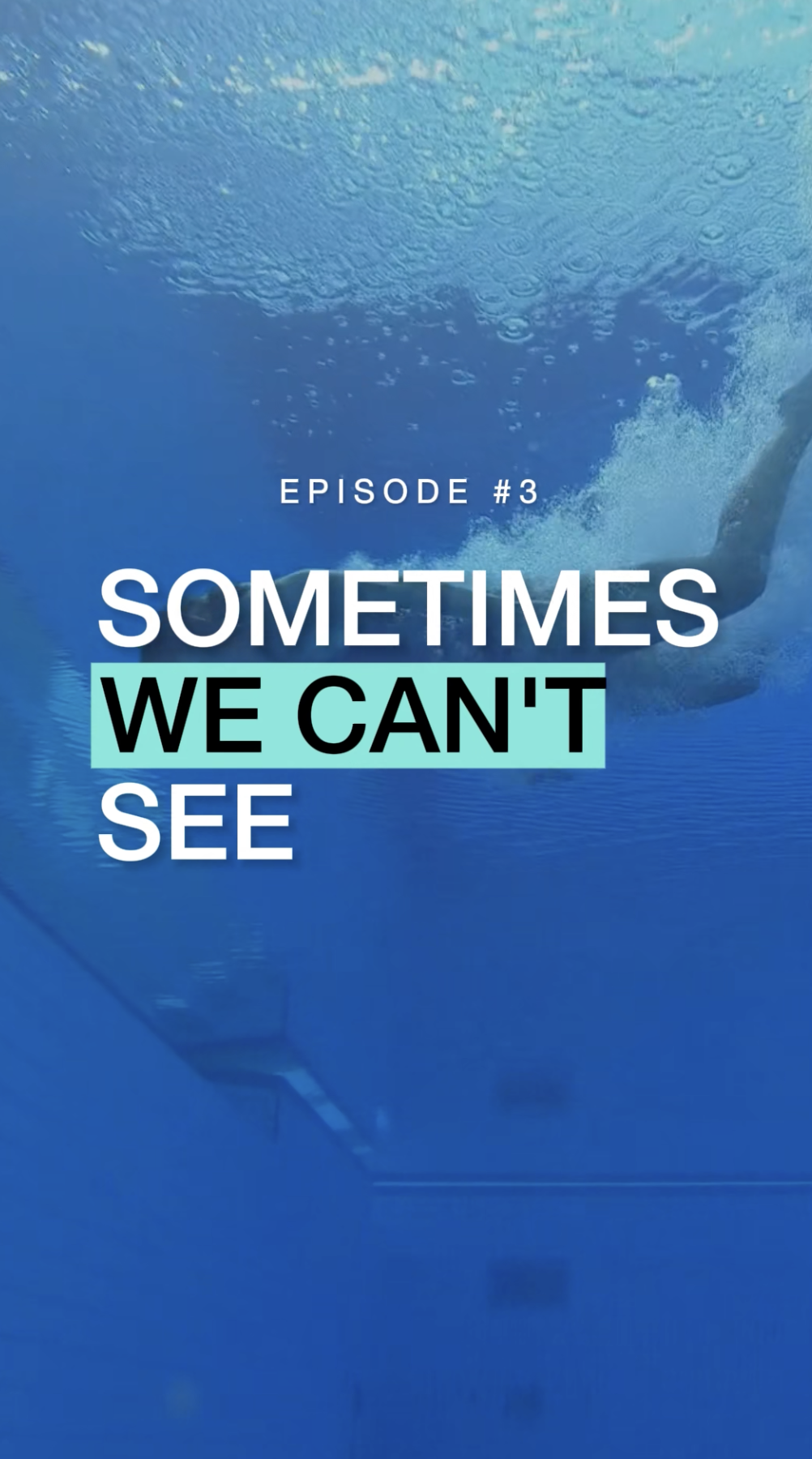Workshop Recap: Dynamics of Abuse – Gender Based Violence
The month of March marks International Women’s Month – a time to remember and honor the historical fight of women around the world on issues that challenges their existence. Committed to our goals of amplifying women and girls’ voices and their experiences in sport, the Athletes Network for Safer Sports held an online workshop on gender-based violence on 17 March.
Moderated by Kat Craig, the session explored how intersecting factors such as race, gender identity, sexual orientation, socioeconomic status, and religion create unique vulnerabilities for women in sport.
“I’m fighting for my sisters in Afghanistan, getting people’s is attention is easy, maintaining is an act of art. Instead of a passing wave; we’re building a lasting movement of resistance.”
Manizha Talash, the first Olympic female breakdancer from Afghanistan, Paris 2024 Olympian, and activist for Afghan women’s rights, spoke about her courageous decision to protest during her participation at the last Paris Olympic games by ending her breakdance routine unfurling a cape made from burqa fabric displaying the slogan “Free Afghan Women”.
Manizha was disqualified by the World DanceSport Federation for displaying a “political slogan” on her attire during a Pre-qualifier battle. She said that while to her it was an act of solidarity with her sisters in Afghanistan, to the organizers of the games, it was a political stand. Manizha further explained how this was not a hard decision to make since she wanted to make greater use of the minute where she had the attention from the whole world and how this was bigger than her own dreams.
Manizha, who started in the sport at age 17, shared the difficulties she faced climbing the ladder to competitive breakdancing. “My start in the sport was not easy. In the club, there were 55 boys and no girls, I worked really hard to get to the Olympic stage.”
She also emphasized the ongoing struggle and resistance of every Afghan woman to simply exist. “I knew my action wouldn’t change the reality for Afghan women overnight but knowing that people around the world are fighting for them in their own way means everything to me – far more than any medal ever could.”
“When you see something that is unfair, what matters is resisting in any possible way.”
Hélène Bâ, co-founder of Basket Pour Toutes and advocate against hijab bans in French sport shared about her driving force to take the brave step and start advocating. Her initial motivation to mobilize Basket Pour Toutes, a collective group against the exclusion of players who wear head coverings, was based on hope – that things would change, and people would listen.
However, Hélène also explained that when she started, she couldn’t foresee the consequences –and how worrying it was to learn that while the group gathered people’s attention, it also opened doors to more discrimination. “Once you take a step in, you can’t get out anymore, this is part of my journey, and it is a matter of resistance. We are sending a broader message that we will not be silenced, even on a small scale.”
She further explained how important it is for hijab bans in France to be recognized as a form of gender-based violence and how the rhetorical discourse on secularism is being used as a weapon against them. “We are so dehumanized, that this whole situation is not even perceived as a restriction of our basic human rights and fundamental freedom. You cannot ask me to take off my head scarf just like you cannot ask a woman to take off her dress if she doesn’t want to.”
She also stressed how Islamophobia affects men and women differently, and the importance of dismantling this view that Muslin women lack agency and are incapable of making their own decisions. Quoting bell hooks, Hélène questioned forms of feminism that exclude Muslim women and urged recognition of their rights since they are subject to various legal restrictions, particularly in public sector employment and educational settings, emphasizing: “If we wear a headscarf, we can’t be lawyers, athletes, public servants, or even swim in public.”
“The hardest part to advocate is always the most important to advocate.”
Grace McKenzie, former rugby player and advocate for trans athletes’ inclusion spoke powerfully about her journey as an athlete and activist.
While Grace says she personally found an inclusive community in her local rugby club, she spoke of how disheartening it was to see the spike of exclusionary policies at World Rugby and many other sport governing bodies. “I thought about all the girls that would come after and would lose their chance to play sports in an inclusive way.”
Grace also discussed the weaponization of trans women and the use of sport as a vehicle to promote even more trans exclusion. “Sport is being used as a frontal attack to our ability to exist in public and this will only escalate. We are also being banned from chess and billiards, with bans that include even pre-puberal children.”
While to some, sports bans on trans women might look like an innocuous issue, Grace highlighted how it has been used as a wedge issue to promote even more harmful anti-trans rhetoric in other spheres of life. “Once you get a population comfortable with discrimination on one front, it becomes easier to them to get comfortable to discriminate on another front.”
“We are much safer as a collective.”
Former goalkeeper Gaby Garton shared what motivated her to speak out about the systemic abuse she and other players in Argentina experienced, expressing deep concern about violent coaches working with minors and vulnerable young women. “Initially I wasn’t thinking of the consequences or that it could cost my national team career, my main motivation was to support other players and keep these kinds of people away from young women particularly.” She continued by expanding on the importance of creating a safe space to speak about systemic injustice and the need for more work to be done, saying “a coach or administrator’s right to work in sport shouldn’t be greater than an athlete’s right to be in a safe environment.”
Gaby spoke about the different types of violence she faced as a football player throughout her career. She highlighted how unbalanced the conditions of women football players in the country were, and are, in comparison to the men’s category. “At the end of the day the message you are getting is that women aren’t important enough to actually be given a space.”
Many are familiar with the victories of the Argentina men’s football team, but on the women’s side, the reality is far more concerning – female players often face shocking challenges, from lacking basic training gear to being forced off the pitch so the boys’ academy players can take over.
Gaby also brought attention to how men have used defamation as a tool to silence women who speak out: “One coach, who was denounced to FIFA for sexual assault and other forms of psychological abuse, is still targeting players online, sending threats through a variety of channels and going as a far as to creating an observatory against false claims and suing for defamation.”
While there was a time where she thought a lot of progress had been made in women’s football, recent events have revealed the devastating and long-lasting impact women face after speaking out.
“The point that all of our struggles are interconnected, and this is all a question of intersectionality and that we are stronger together.”
The session continued with a Q&A where participants had the chance to interact with the panelists. A strong feeling of solidarity and empowerment filled the space, leaving us all with a renewed sense of hope.
As Joanna started the session, let us remember the wise words of Angela Davis: “A feminism that privileges those who already have privileges is bound to be irrelevant to poor women, working class women, women of color, trans women…” Let us carry this truth forward as an important principle for our Safe Sport community.
